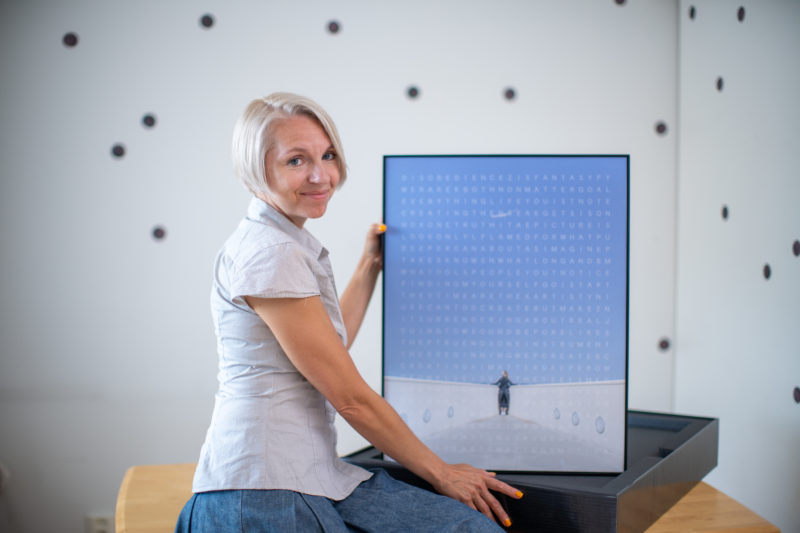
“The thought that went into ‘The Instrument’ is about trusting yourself on your life path, despite all the fears and doubts that might come up.”
– Dasha Pears
Dasha Pears, a Russian artist, unveils her journey into the world of art. Growing up surrounded by art books, Dasha initially pursued photography as a hobby upon moving to St. Petersburg. However, her interest shifted towards crafting alternate worlds with unique narratives, a creative escape where she could establish her own rules. Her distinctive style, labeled “psycho-realistic,” blends psychology and art, exploring human behavior and thought processes.
Join us as we delve into Dasha’s unique narrative, one that defies conventional notions of creativity taps into the depths of human psychology, and ignites the power of imagination. From her initial hesitation to embrace her artistic persona to the pivotal message encapsulated in her Motiva “The Instrument,” Dasha’s journey serves as an inspiring reminder that creativity knows no bounds.
Dasha: Of course! I come from a not-so-glamorous town in Russia. Surprisingly, I didn’t have any formal art education, but my childhood was immersed in massive art books. Those volumes ignited my love for art, even though I never thought of it as a career. After moving to St. Petersburg, photography became my hobby, initially inspired by the city’s beauty. It was a borrowed camera at first, and my interest evolved from capturing reality to crafting my own parallel worlds, each with distinct rules and characters. This was the birth of my unique style.
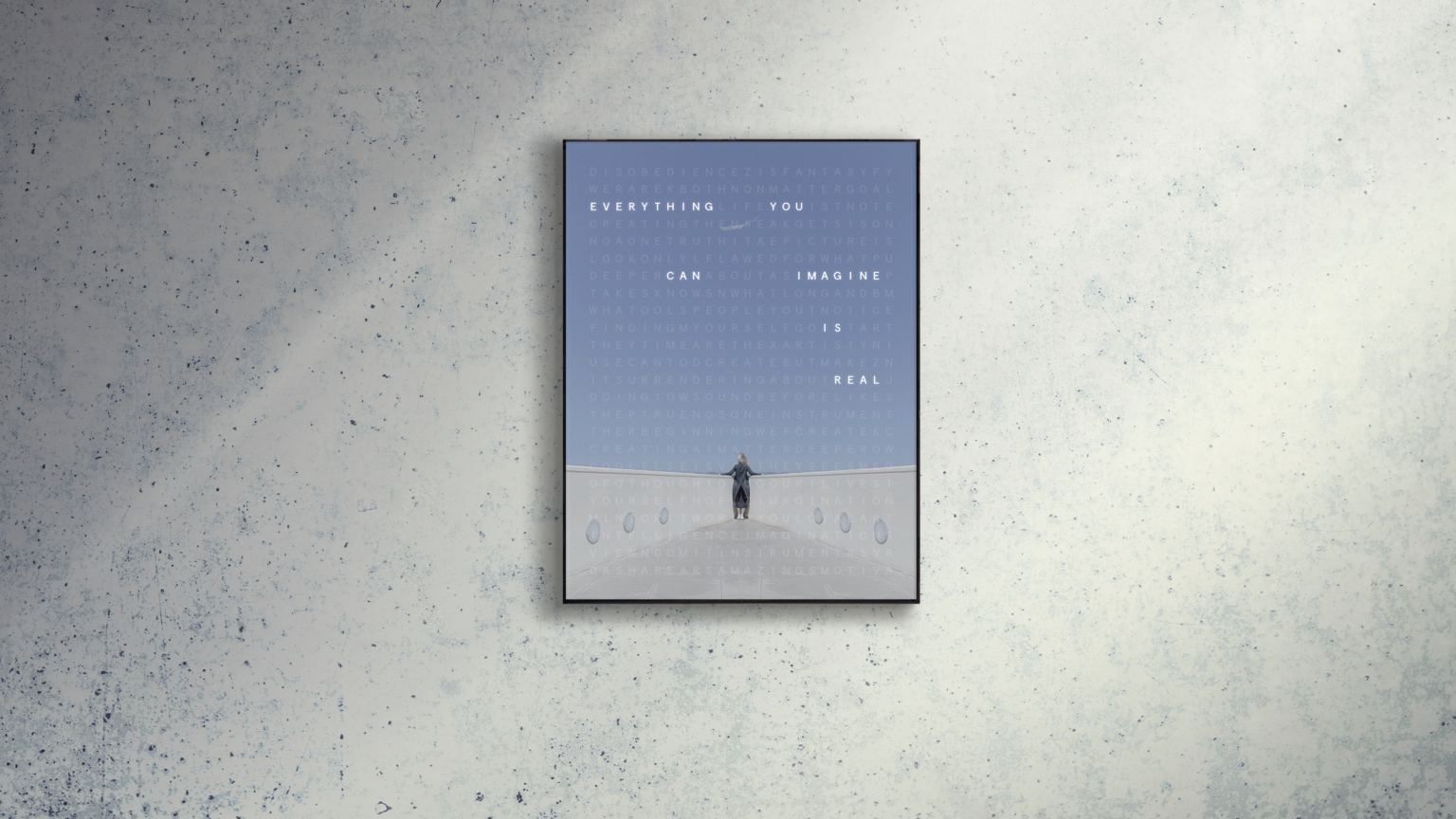
Dasha: I’m deeply fascinated by psychology and human behavior. This interest developed about five years ago as I pondered my life’s direction. I gradually let go of conventional photography gigs like weddings and families, focusing solely on the surreal. This was where my two passions converged. My pieces delve into the inner realities of characters, offering a window into their psychological states. These characters often mirror my own transformations and serve as a way for me to find equilibrium within myself. Interestingly, this connection resonates with many others as well.
Dasha: I absolutely love crafting something seemingly simple yet astonishingly surprising. That “aha” moment, both for me and my viewers, is what I chase. It’s when I manage to link seemingly unconnected elements in a way that’s so natural yet mind-boggling. This effect, reminiscent of groundbreaking scientific discoveries, drives my creative euphoria.
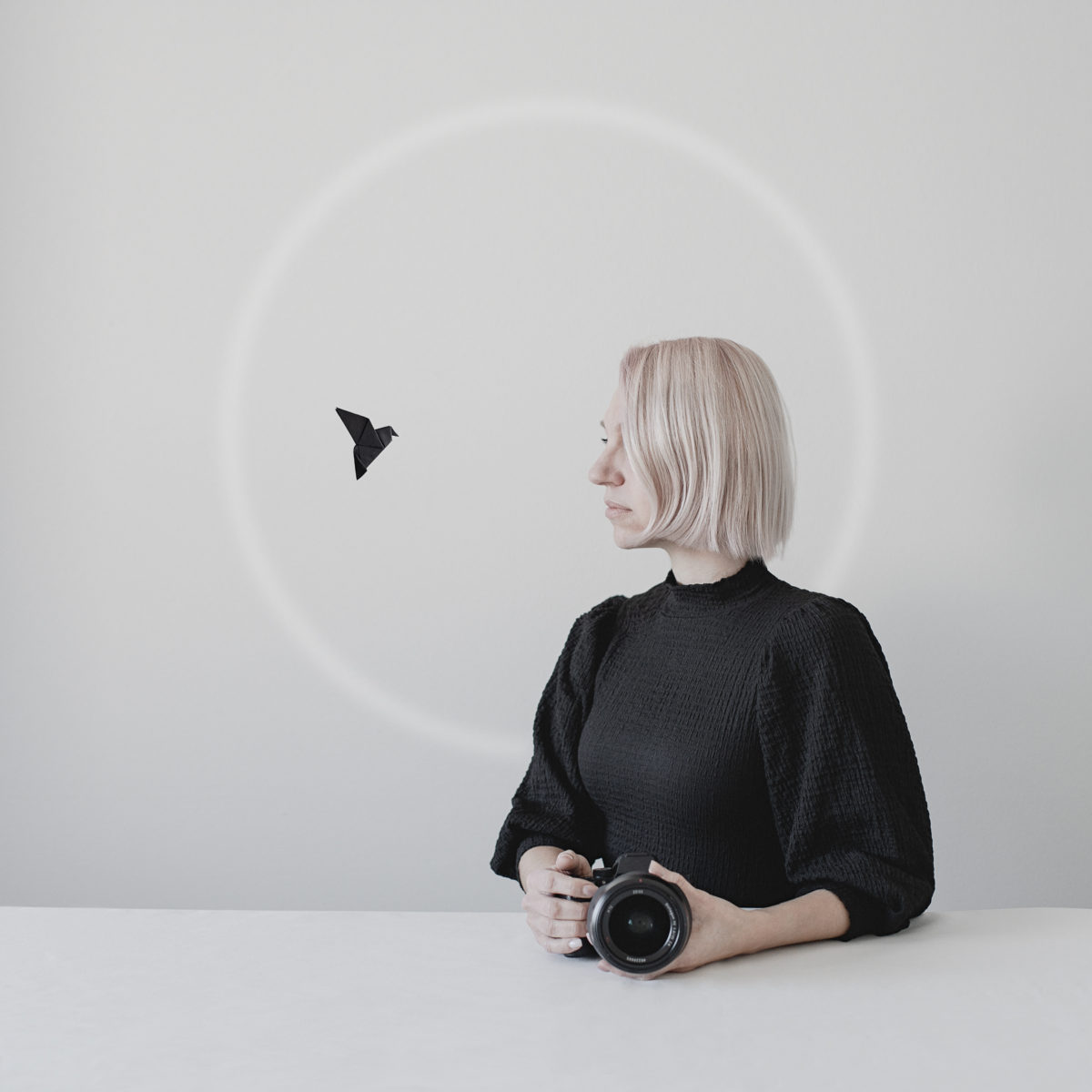
Dasha: It all started with my childhood fascination with fairytales and fantasy. I used to recreate those enchanting worlds on paper. When I began my artistic journey, I aimed to create characters in worlds reflecting their unique traits. This led to a romantic and fantastical style in my early work. Minimalism became a vital aspect, stripping away details to emphasize the narrative. Gradually, I evolved from fairytales to “visual science fiction,” connecting characters with real psychological states. This evolution allowed me to encourage self-acceptance and emotional exploration among viewers.
Dasha: Rodney Smith and Tim Walker have profoundly impacted my photography style, especially Rodney Smith’s work. Yet, my influences extend beyond artists to encompass personal stories and the legacies of creative luminaries like Andy Warhol, Salvador Dali, Roy Lichtenstein, and Yayoi Kusama. I’m not tethered to a single artist’s work; instead, I synthesize ideas and concepts from various sources.
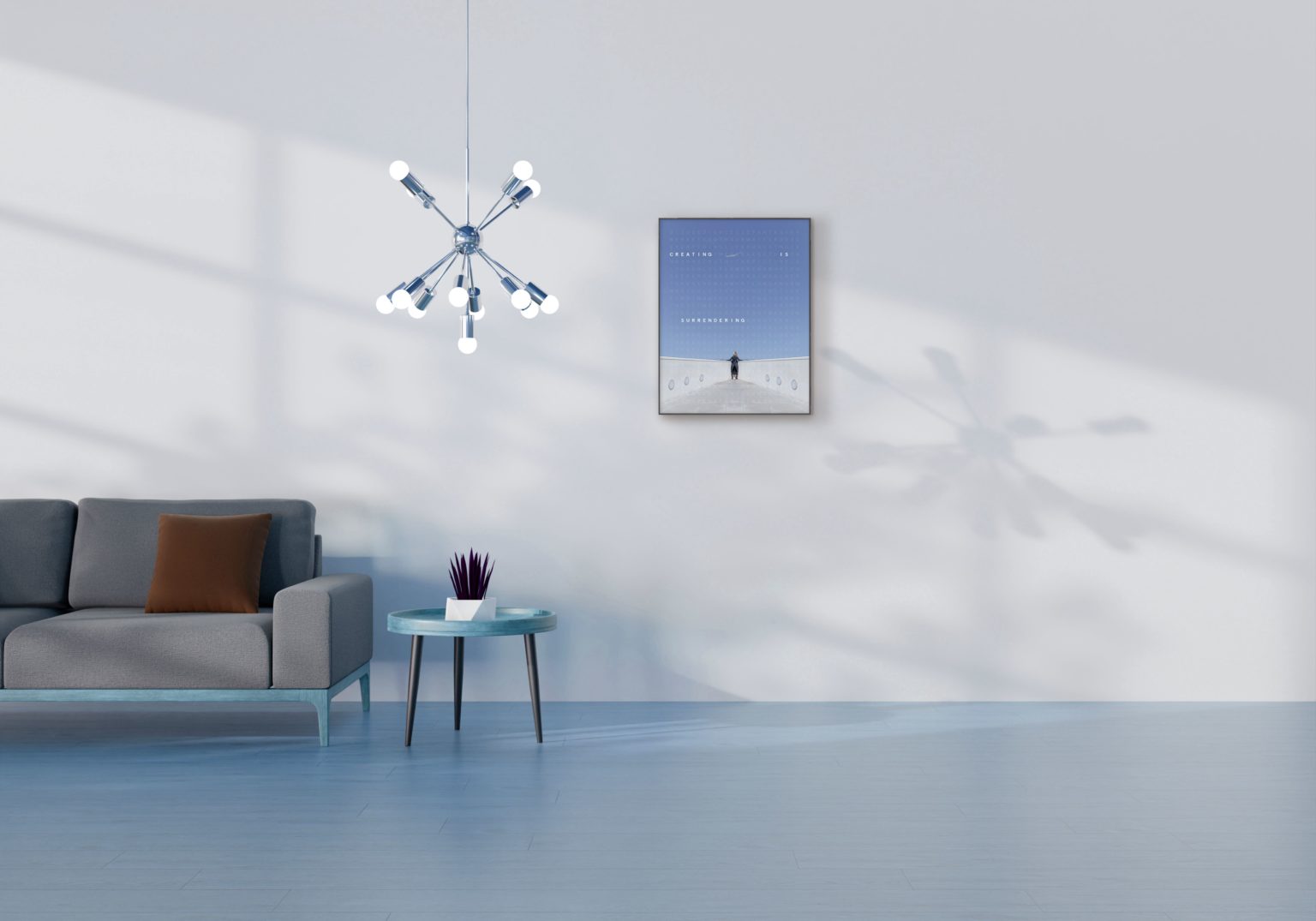
Dasha: Transitioning from a hobbyist to a professional artist was challenging, primarily due to psychological barriers. I doubted my ability to succeed without formal training or credentials. Additionally, fears lingered about supporting myself and my family solely through art. The moment arrived when I realized that commercial photography wasn’t fulfilling; I yearned to create on my terms, following my rules and sharing my creations with the world.
Dasha: I started collecting insightful thoughts during my deep dive into psychology, entrepreneurship, and art history. This collection eventually formed a basis for quotes within my work. On platforms like Instagram, quotes often became captions, offering viewers a direction for interpreting my art. While my perception of my work evolves, I ensure that captions convey the core idea, emotion, or state of mind that fueled the creation process.
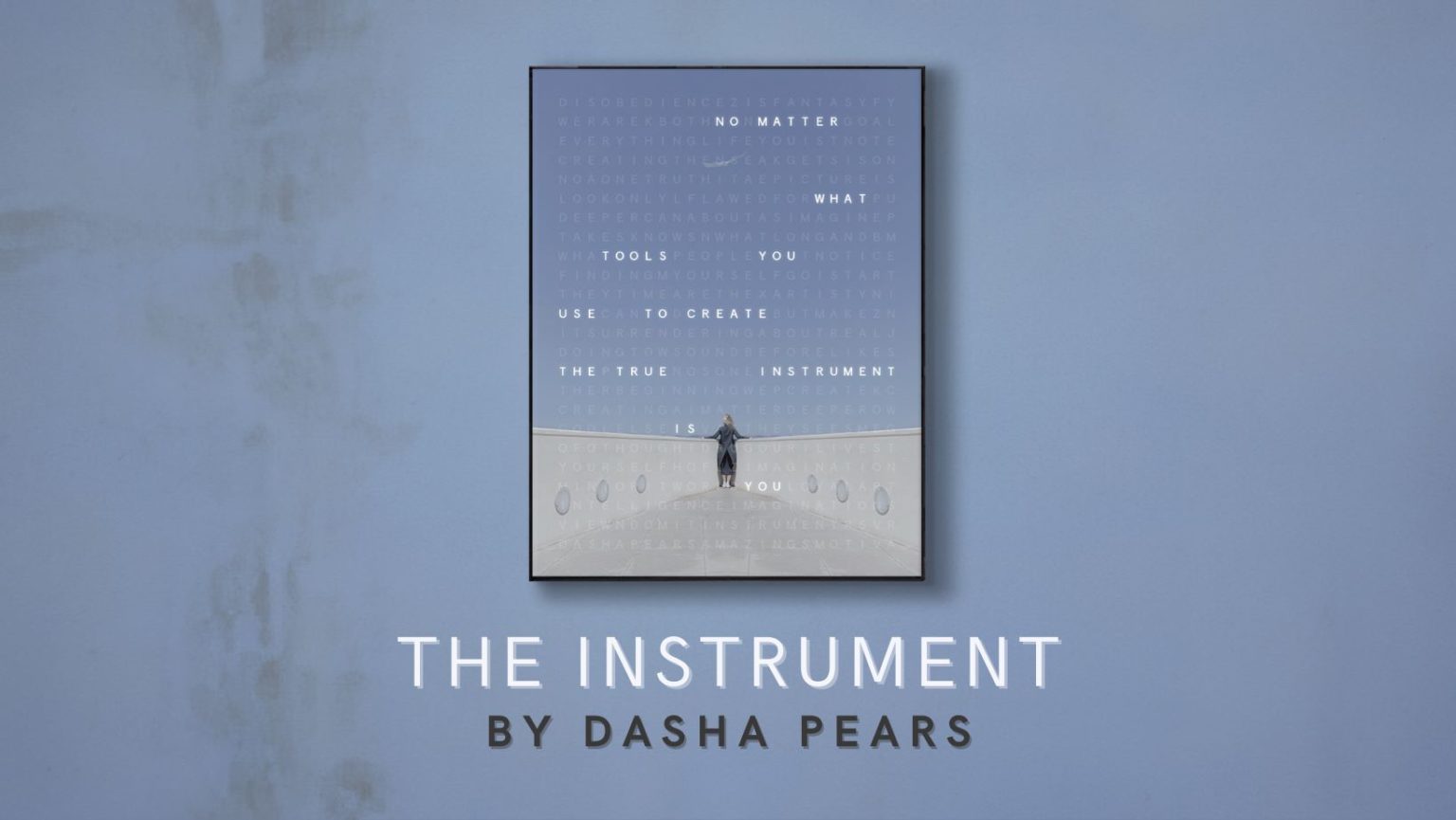
Dasha: My journey reveals that I didn’t naturally see myself as an artist. Growing up, I didn’t think I had remarkable creativity or imagination. Many can relate to this notion of needing to adhere to certain rules to be considered an artist, but that’s far from true.
Interestingly, I occasionally forget this truth. “The Instrument” encapsulates the idea of self-trust along life’s journey, even in the face of doubts and fears. I wanted to inspire trust in one’s path despite doubts and fears. The artwork is a motivational nudge for those like me, seeking constant growth and development. Irrespective of the field they’re in.
Dasha: Working with Motiva felt very natural for me and was lots of fun. It got me to organize my collected quotes into topics that interest me, and through this, I got to know myself a little better. Self-exploration is something that I greatly enjoy (although some things that come up can be deeply unenjoyable) and my collaboration with Motiva inspired a part of this process.
I enjoyed imagining the diverse scenarios where my piece could reside, how it could inspire different people and the heroic deeds it could quietly encourage. Working with Motiva added depth to my creative process and allowed me to explore new facets of self-expression.
‘The Instrument’ (a limited edition of 4) by Dasha Pears is now available on motiva.art